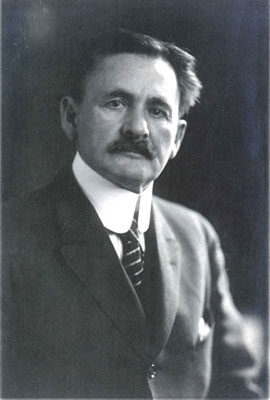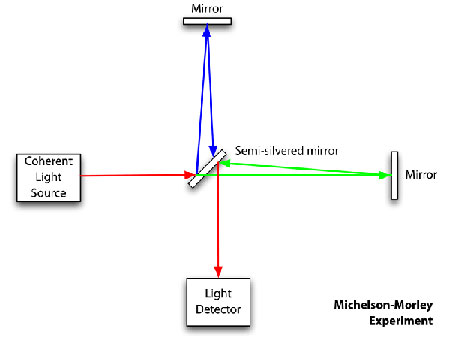
A Profile in Physics
Science in the 1880s opened many doors to a whole new world of theories and discoveries. A very influential American physicist at that time was Albert Abraham Michelson. He studied the measurement of speed of light and worked on the famous Michelson-Morley experiment. He was the first American to receive a Noble Prize in sciences.
that time was Albert Abraham Michelson. He studied the measurement of speed of light and worked on the famous Michelson-Morley experiment. He was the first American to receive a Noble Prize in sciences.
What led Michelson to become a physic was when the President Ulysses S. Grant gave him the privilege to attend the U.S Naval Academy in 1869. During for his four years at the Academy, Michelson studied optics, heat, climatology, and drawing. Two years after he graduated, he went back to the Academy to become a physic professor at the Case School of Applied Science that is in Cleveland, Ohio. There he was able to develop and improve interferometer.
Michelson was very interested in studying the speed of light that in 1883 he published a meas urement of 299,910±50 km/s. Then in 1887, Michelson became very known for his experiment with Edward Morley. This experiment was “evidence against the theory of a luminiferous aether” and was known for the “most important and famous experiment in the history of physics.” It was named the Michelson-Morley experiment. Later on, in 1889, Michelson became a professor at Clark University where he was known as the “first head of the department of physics.”
urement of 299,910±50 km/s. Then in 1887, Michelson became very known for his experiment with Edward Morley. This experiment was “evidence against the theory of a luminiferous aether” and was known for the “most important and famous experiment in the history of physics.” It was named the Michelson-Morley experiment. Later on, in 1889, Michelson became a professor at Clark University where he was known as the “first head of the department of physics.”
With his discovery, he helped other physicist and scientist, like Hendrik Lorentz who made the so-called Lorentz contraction equations that explained the null result. Also there was a controversy of whether Einstein’s theory of special relatively derived from Michelson-Morley results. In the later years after he passed away, an episode in the television series Bonanza was made in which his accomplishments and life was summarized in his memory. Until the day his discoveries and theories have had an influence in our lives.
Bibliograpghy:
http://en.wikipedia.org/wiki/Albert_Abraham_Michelson
http://en.wikipedia.org/wiki/Michelson-Morley_experiment